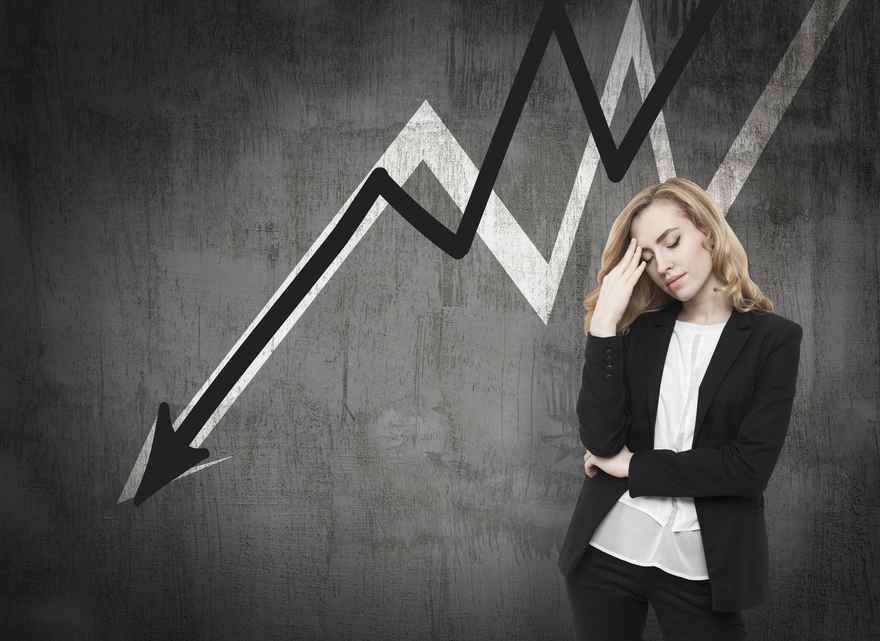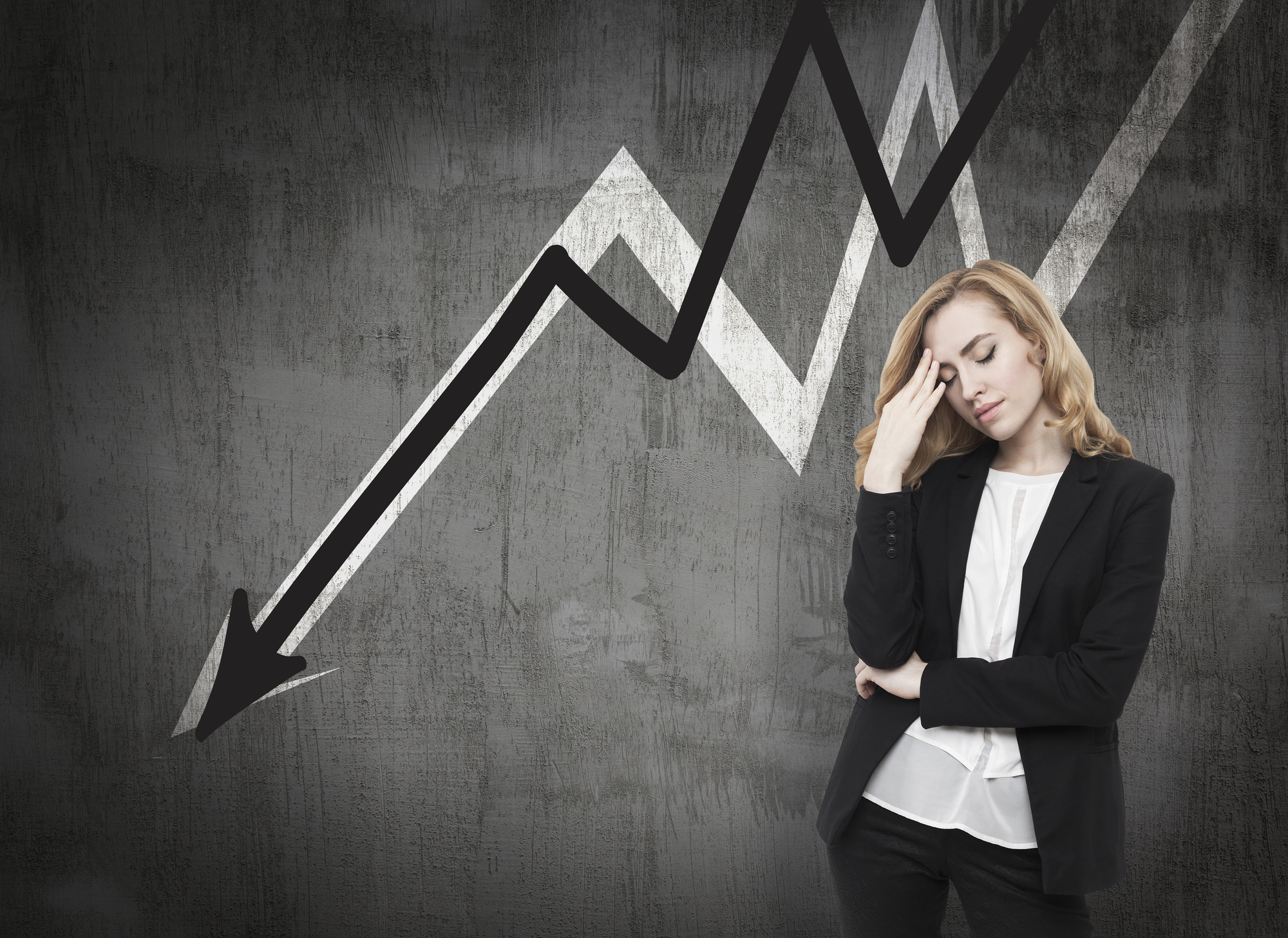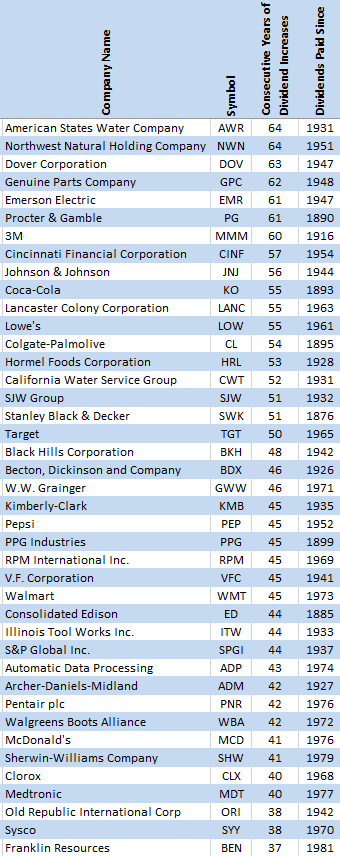Major drop in the stock market. Should you keep investing?

 Major drop in the stock market last week. Should you keep investing?
Major drop in the stock market last week. Should you keep investing?
Market drop
Last week (Feb 24-28, 2020) the Dow Jones Industrial Average dropped 3,583 points, or 12%. On Monday (March 9th) stocks posted their largest one-day percent declines since late 2008, with each of the S&P 500, Dow and Nasdaq off more than 7%. The drubbing – spurred as fears over the coronavirus outbreak compounded with panic over a price war in oil markets – erased more than $1.87 trillion from the S&P 500’s market value in the one-day period alone.
It all sounds dim until you broaden your perspective, the market is still higher today than it was in 2018, 2017, 2016, 2015…
|
Date |
Dow Jones Industrial Average |
|
Today (March 10th) |
24,233 points |
|
2018 (Mar 19) |
23,533 |
|
2017 (Apr 10) |
20,453 |
|
2016 (Apr 4) |
17,576 |
|
2015 (Aug 17) |
16,459 |
When not to sell
Anyone who invested in 2018 or in prior years is still seeing positive gains. Besides, how much money did I lose last week? My portfolio dropped in value just like everyone else, but how much money did I lose? None. Because I did not sell any stocks. A market down turn is exactly the wrong time to sell your investments. You solidify your losses only when you sell at a loss. Our stocks are still paying us dividends, in some cases increasing dividends (due to increases we’ve already received this year). Our income producing machine (portfolio) is still doing it’s job, generating passive income for us.
Market drop presents buying opportunity
As I said before, if you are looking to invest a market drop is a good thing. Dropping stock prices increase the dividend yield. Take a look at how GWW’s yield has grown in just 29 days:
|
Date |
Stock Price |
Dividend |
Dividend Yield |
|
February 2020 |
$301 |
$5.76 |
1.91% |
|
March 2020 |
$277 |
$5.76 |
2.08% |
We are overdue for a market crash
Normally stock markets go in cycles (up and down and up and down) on average every 6-7 years. We are now in the 11th straight year of going up. We are overdue for a market crash. A market crash will provide for a great opportunity to buy some quality stocks at very low prices. The problem is no one knows when the crash will happen and how long it will last. My philosophy is to invest in specific quality stocks that are undervalued (priced low) instead of buying an ETF that invests in thousands of stocks. It might make sense to buy an ETF when the stock market is down, but at it's current high-level with an ETF you are investing in thousands of overvalued stocks. I've distilled my approach into a single article that you can read here.
No one can predict the future, will this current virus problem go away in 3 weeks or in 3 months?
What's your opportunity cost?
What is the opportunity cost for not investing your money in stocks for 3 month or 3 years? Because we buy when a stock is undervalued (priced low) your margin of safety is increased. If you buy at overvalue and the market crashes your stock price will really come down hard. But if you buy at undervalue, the stock price will come down but not as much if you had bought at overvalue.
I bought TRP (TransCanada) at $13.40 and the stock is now at $69 but I will not sell it. Why? Because that stock is paying me 22.4% each year (as a result of dividend increases), I can't get 22.4% return from bonds, term-deposits, or any bank account. Plus the 22.4% is all passive income now, and the stock has been completely paid off, I invested $2479 but have received $6134 in dividends alone just from this one stock.
Stay focused
The focus should remain on investing in quality dividend-paying stocks when they are undervalued. Have a look at the last 90 years:
|
- Wall Street Crash of 1929 - Recession of 1937-38 - Flash crash of 1962 - The oil crisis in the 1970s - Double digit interest rates in the 1980s - Black Monday Oct 1987 - Early 90s recession (lasts 8 months) |
- 9/11 in 2001 - US invades Afghanistan in 2001 - US invades Iraq in 2003 - Dot-com bubble bursting in 2000 - Financial crisis 2007 - 2008 - Flash crash 2010 (Dow drops 1,000 pts) - 2011 crash (S&P 500 drops 21.6% May to Oct) |

Some of these companies have been paying dividends since 1816.
How to invest going forward
Remain calm, do not succumb to any knee-jerk reactions, do not buy or sell in haste. I prefer to wait a bit for the dust to settle. No one knows how long this market downturn will last, and no one knows when the market will hit bottom. Wait for things to calm down a bit, keep your eyes open to quality stocks that are undervalued (priced low) and invest in small portions over a period of time.
My 12 Rules of Simply Investing provide you with a step-by-step guide on what to avoid and what to invest in for the long-term. Start building your growing stream of passive income today.
Did you enjoy reading this article? If so, I encourage you to sign up for my newsletter and have these articles delivered via e-mail once a month…and it’s free!

2 comments
Hi! Im a newbie and doing my research / study in stock market. Your youtube videos are very helpful! Thank you!! Just read this article and u mentioned that ‘Market drop presents buying opportunity’ im based in australia, my question is, is it safe to invest in an airline or tourism industry at this current situation? I will apply your 12 rules on these two companies im looking at ( qantas and webjet) but id love to hear your thoughts. Thank you
Hi Jennifer,
Please have a look at my 12 Rules of Simply Investing, airline and tourism companies would not pass Rule #4. I do not recommend you invest in any company that's fails my 12 Rules of Simply Investing.
cheers,
Kanwal
Leave a comment